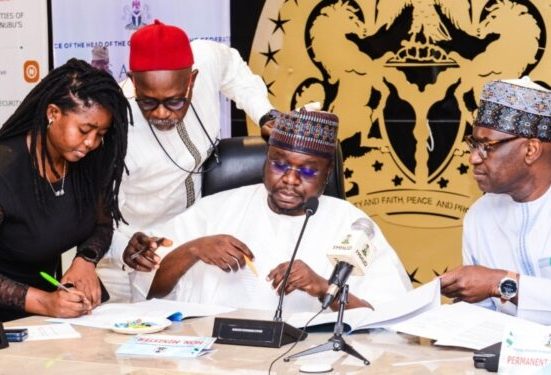In a strategic move to address the growing skills gap in Nigeria’s construction sector, the Federal Government has announced a partnership with Polaris Capital to commence the training of 100,000 construction artisans across the country. The initiative is aimed at equipping Nigerian youths with practical, in-demand skills to boost employability and enhance local capacity in the building and infrastructure industry.
The training programme, which will be rolled out in phases, is part of the government’s broader agenda to reduce unemployment, drive economic inclusion, and strengthen the nation’s technical workforce. According to officials, the partnership with Polaris Capital was born out of a shared vision to revitalize the informal sector and provide structured, industry-relevant training to artisans who play a vital role in national development.
The Minister of Housing and Urban Development, who flagged off the initiative, stated that the programme will focus on core competencies such as bricklaying, carpentry, electrical installation, plumbing, tiling, and welding, among other specialisations in the construction value chain. He noted that participants will be trained using global best practices and certified upon completion, ensuring they meet both local and international standards.
Polaris Capital, a development-focused investment firm, will provide technical expertise, project coordination, and funding support in collaboration with other stakeholders. The firm reiterated its commitment to working with government agencies, training institutions, and private sector players to ensure the programme is impactful and sustainable.
The Federal Government also revealed that this effort aligns with its National Skills Development Policy and the renewed hope agenda, which prioritizes human capital development as a key driver of national progress. It further emphasised that beyond training, the programme will also facilitate job placements, entrepreneurship support, and access to tools for qualified beneficiaries.
As the country continues to expand its housing and infrastructure footprint, industry observers believe that the upskilling of construction artisans will not only improve the quality of workmanship but also reduce dependence on foreign labour, ultimately leading to a more self-reliant construction sector.
The training of the first batch of artisans is expected to begin in the coming weeks, with centres spread across all six geopolitical zones to ensure nationwide coverage and inclusivity.

